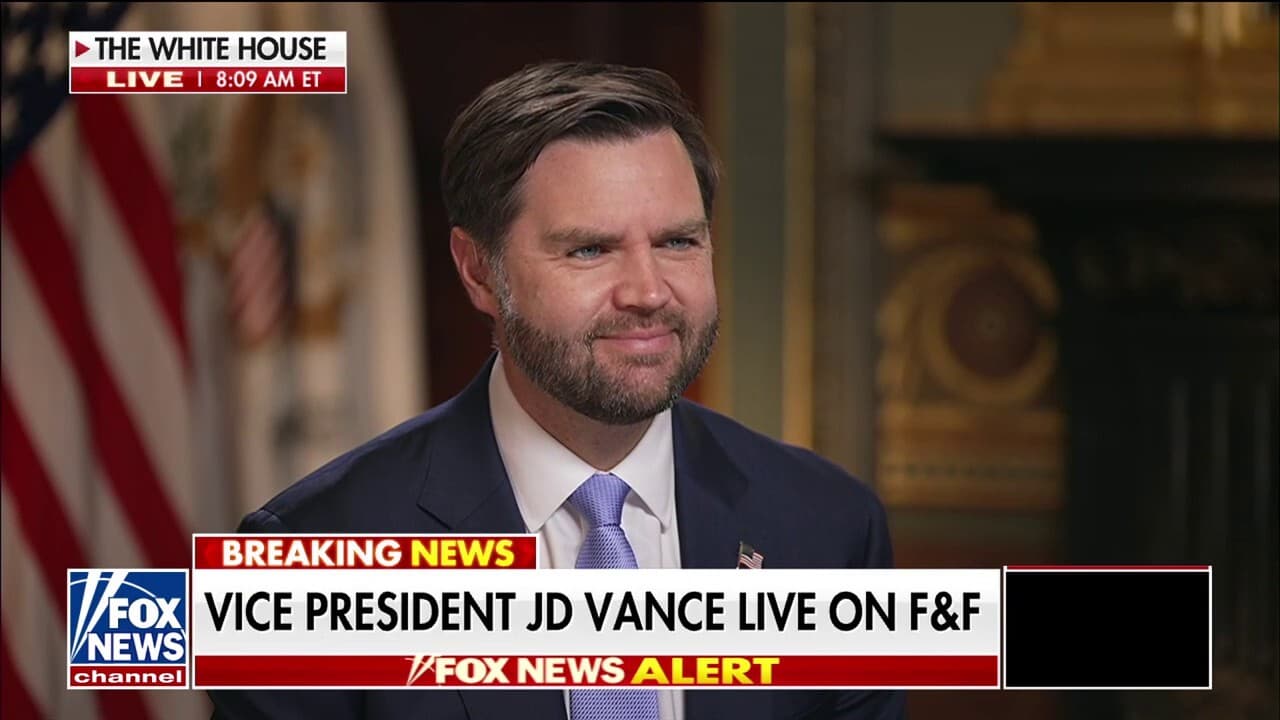Trump Administration's Universal 10% Tariff Policy Expected to Cost Average American Family $4,600 Annually

Washington D.C. – Vice President JD Vance recently asserted that the Trump Administration's policies are designed to empower Americans and have brought "American prosperity" back. This statement, shared via social media, highlights the administration's "America First" agenda, which includes broad economic measures and significant shifts in governmental operations. The administration, which began its second term on January 20, 2025, has swiftly implemented a series of executive actions aimed at reshaping the nation's economic landscape and global standing.
Among the key economic initiatives is the imposition of a universal 10% tariff on nearly all imported goods, with higher rates applied to specific countries like China, Canada, and Mexico. While official White House statements highlight these tariffs as a means to "unleash American prosperity" and secure "historic new investments," independent economic analyses project a different impact. According to some assessments, these tariffs are expected to cost the average American family approximately $4,600 annually due to increased consumer prices.
The administration's economic strategy also includes efforts to extend the 2017 tax cuts and a controversial initiative known as the Department of Government Efficiency (DOGE), led by Elon Musk. This task force aims to drastically cut federal spending and reduce the federal workforce, though its methods and claimed savings have faced scrutiny and legal challenges. These domestic policy shifts are presented as integral to fostering national prosperity and self-reliance.
On the foreign policy front, the Trump Administration continues its "America First" approach, emphasizing transactional diplomacy and questioning existing international alliances. Vice President Vance's tweet, stating, "The policies of the Trump Administration are meant for one simple reason: to empower you to live a great life in the country that all of us love," underscores the administration's stated commitment to prioritizing domestic well-being. However, critics suggest that these policies could lead to global economic instability and strained international relations.
The administration's proponents argue that these actions are necessary to protect American jobs and industries, reduce trade deficits, and ensure national security. Conversely, some economists and international observers warn that the aggressive tariff policies and the unpredictable nature of the administration's decisions could lead to increased inflation, disrupted supply chains, and a weakening of the global economic order that the U.S. has historically led. The full long-term economic consequences of these sweeping policy changes remain a subject of ongoing debate and analysis.